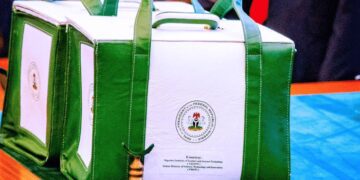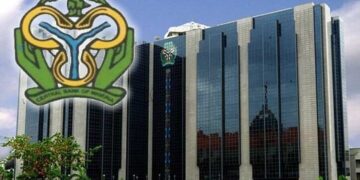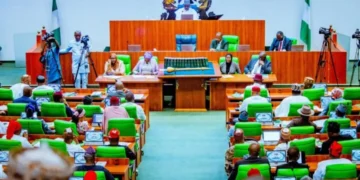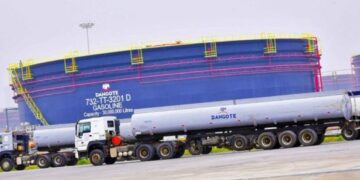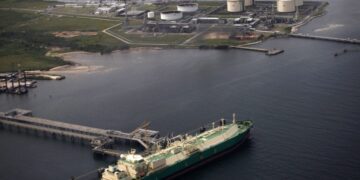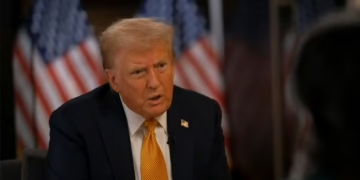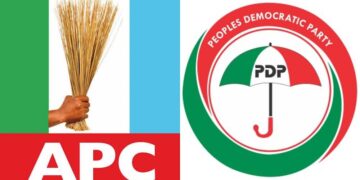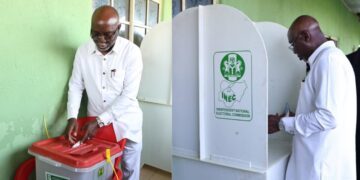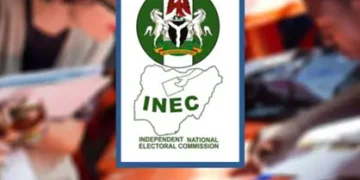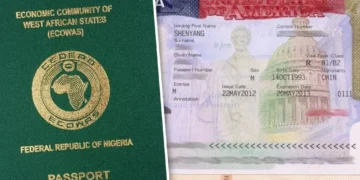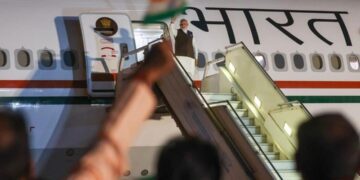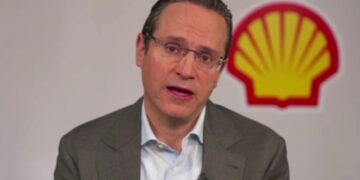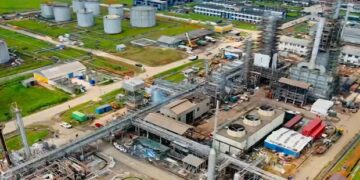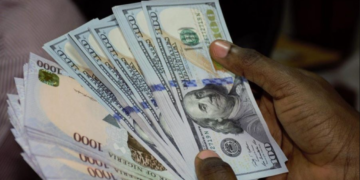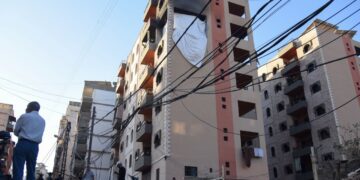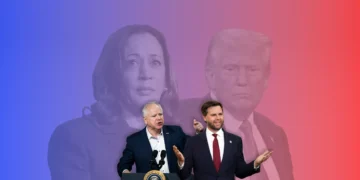The Petroleum and Natural Gas Senior Staff Association of Nigeria (PENGASSAN) has said the floating of the naira is the major cause of the rising high cost of petrol price, not subsidy removal.
President of PENGASSAN, Festus Osifo, who stated this, argued that the major challenge facing Nigeria is the Federal Government’s devaluation of the naira.
President of PENGASSAN, Festus Osifo, who stated this, argued that the major challenge facing Nigeria is the Federal Government’s devaluation of the naira.
Noting the strategic management of the country’s exchange rate, Osifo said: “The real problem is the devaluation of the naira, which has had far-reaching effects across multiple sectors, including fuel pricing.
“If the naira was pegged at N450 to a USDollar, petrol could have been less than N400 with removal of subsidy. In May last year, the official exchange rate was N450. If Total Energies made a profit of USD200 million, you would multiply that by N450 to get the naira equivalent. Today, that same USD200 million dollars would be multiplied by N1600, so you can see how much more naira the government is collecting.
“Agencies like the Federal Inland Revenue Service, FIRS, and the Nigeria Customs Service are declaring higher revenues. That is why you hear Customs and FIRS saying they’ve made trillions of naira. It’s not from subsidy removal; it’s the result of devaluation and exchange rate fluctuations.
“If the exchange rate was frozen at N700 for distributors in the oil sector, the price of petrol wouldn’t have risen so sharply.”
















